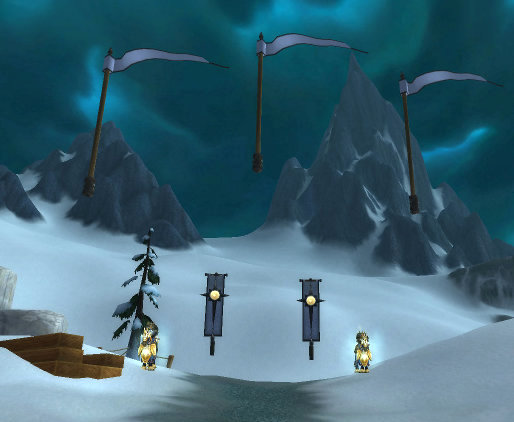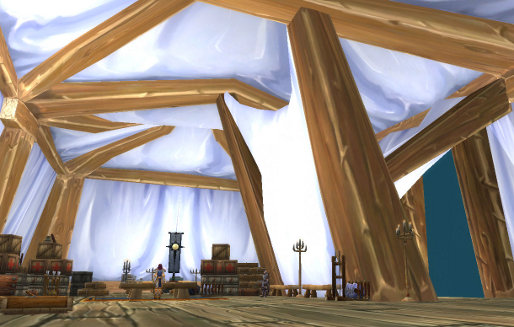 We finally have some reliable figures for the commercial value of “minipet” micro-transactions in the game, World of Warcraft. Specifically, the sales of just 1 item: In November and December 2009, at least $2.2 million worth of Pandaren Monk pets were sold. 220,000 at $10 each. We know this because “50% of the purchasing price” was donated to charity, and “more than $1.1 million” was donated (via WoW.com).
We finally have some reliable figures for the commercial value of “minipet” micro-transactions in the game, World of Warcraft. Specifically, the sales of just 1 item: In November and December 2009, at least $2.2 million worth of Pandaren Monk pets were sold. 220,000 at $10 each. We know this because “50% of the purchasing price” was donated to charity, and “more than $1.1 million” was donated (via WoW.com).
Over 220,000 sales to a market of about 4-5 million potential customers (only active WoW players can use the minipet, and the pet does not appear to have been sold in China or Taiwan). Roughly 5% of potential customers spent $10 on an ostensibly useless vanity item: A small pet that follows you around, looking cute.
Like most virtual goods, the cost of making and selling this pet is marginal: Primarily some additional art and marketing time, all built on the back of existing systems (store, staff, world). The first 2 months of Pandaren Monk sales will have made contributions to Blizzard’s profits of about $1 million. That’s only around 1% of the business’s turnover in that 2-month period. But that 1% is “free money”. Blizzard (-Activision) would be doing a dis-service to its investors if it did anything other than continue to milk this virtual cash cow.
Apply a healthy bit of European cynicism, and it is easy to conclude a scam. Tobold‘s:
“Send me $10, and I promise to send $5 of it to charity.”
Of course, Europeans fundamentally don’t understand US philanthropic culture: The idea that it’s fine to exploit your fellow human and make outrageous amounts of money, so long as you give some of it away in the end. Some philanthropy is able to take a somewhat rational, balanced view of what is good for the world. But there is a tendency to support visually appealing issues, such as charities servicing the needs of children.
The purpose of this article is not to argue that a European, government-centric re-distribution of wealth is preferable to an approach lead by personal responsibility. (I’m not sure it is.) The problem emerging here is more fundamental: That virtual goods are replacing trade-able value with non-trade-able value. Non-trade-able value that, by definition, can not offset inequality in (game) society. Donating part of the price of sales to charity is pure irony. In true Orwellian style, we’re sleep-walking into a potentially broken social structure with the best of intentions.
This article started as a box during my Adventures in the Invisible Tent, but has been expanded here in much greater detail. This article describes what a minipet is, highlights the role of money to balance inequality in society, and explains the problem with virtual goods. Continue reading “Animal Farm” →
 We finally have some reliable figures for the commercial value of “minipet” micro-transactions in the game, World of Warcraft. Specifically, the sales of just 1 item: In November and December 2009, at least $2.2 million worth of
We finally have some reliable figures for the commercial value of “minipet” micro-transactions in the game, World of Warcraft. Specifically, the sales of just 1 item: In November and December 2009, at least $2.2 million worth of 
